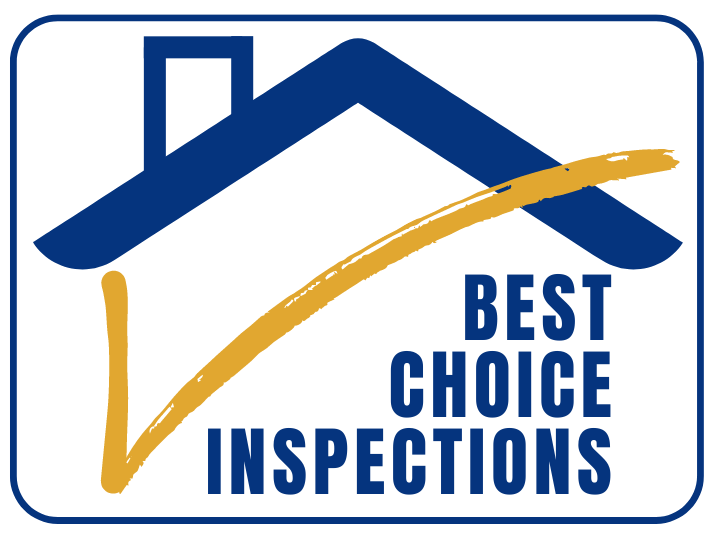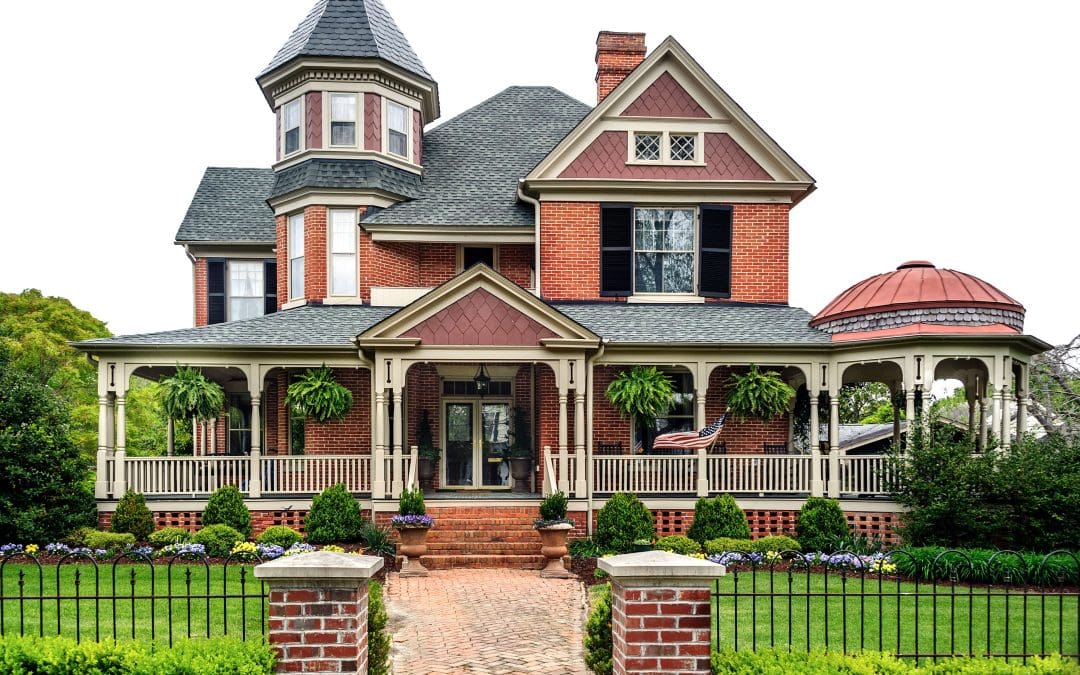Buying an older home can be a very rewarding experience. These homes often have unique architectural details, mature landscaping, and a strong sense of history. It’s crucial to approach the purchase with a realistic understanding of the potential challenges. Here are some of the most common concerns in older homes.
Plumbing and Electrical Systems
Older homes frequently have plumbing and electrical systems that may not meet modern standards. Plumbing systems in older houses may feature cast iron or galvanized steel pipes, which are prone to corrosion and leaks. This can lead to low water pressure and potential leaks. Older sewer lines, often made of clay or concrete, can crack or become blocked.
Electrical systems in older homes may also pose challenges. Outdated wiring, such as knob-and-tube wiring, two-prong outlets, and inadequate grounding, are common and can pose safety hazards. Older homes often have fewer circuits, making it difficult to power modern appliances. Aging wiring increases the risk of electrical fires.
Foundation Issues
Over time, foundations can settle or shift, leading to various problems. Cracks in walls and floors may indicate foundation movement, compromising the home’s structural integrity. Shifting foundations also cause floors to slope or become uneven, creating tripping hazards. Foundation movement might make it difficult to open and close doors and windows.
Roofing and Insulation
Older houses may have roofs covered with asphalt shingles, which have a shorter lifespan than modern options. Age, weather damage, and poor maintenance might lead to roof leaks. Older homes may also have inadequate insulation, resulting in higher energy bills and uncomfortable temperatures.
Common Concerns In Older Homes: Heating and Cooling Systems
Older heating and cooling systems are often less energy-efficient than modern models, leading to higher operating costs. Older systems may use outdated technology, such as R-22 refrigerant, which is no longer manufactured. These older systems may also require more frequent maintenance and repairs.
Pest and Termite Issues
Older homes are more susceptible to infestations from termites, carpenter ants, and other wood-destroying insects. They may also have gaps and cracks that allow rodents, insects, and other pests to enter.
Environmental Concerns
Walls in older houses may contain lead-based paint, which poses a health risk to children and adults. Some older homes also contain asbestos, a hazardous material that can cause serious health problems if disturbed. Radon is a naturally occurring gas that can accumulate in homes of any age.
Addressing These Concerns In Older Homes
It’s essential to have a thorough inspection conducted by qualified professionals, including a home inspector, a licensed electrician, and a plumber. These inspections will help you identify potential problems and assess the home’s overall condition.
Don’t be afraid to negotiate with the seller. If significant repairs are needed, you may be able to negotiate a lower purchase price or request that the seller make necessary repairs before closing.
FAQs About Concerns In Older Homes
How can I determine the age of a home?
You can determine a home’s age by obtaining property records from your local municipality or county assessor’s office. Local historical societies may also have information about the home’s history.
What are the benefits of buying an older home?
Many older homes feature charming architectural details like hardwood floors, high ceilings, and original woodwork. Older homes often have established trees and gardens that provide privacy and beauty. Living in an older neighborhood can provide a strong sense of community.
Are older homes more expensive to maintain?
Older homes may require more frequent repairs and maintenance than newer homes. But, many of these costs can be offset by the unique character and charm of the home.
How can I find a qualified inspector for an older home?
Ask for recommendations from friends, family, or your real estate agent, and check for reviews and ratings of home inspectors in your area on online platforms. Make sure the inspector is licensed and insured. Check with your state’s licensing board to verify their credentials.
Best Choice Inspections provides professional inspections for homebuyers and sellers in Knoxville, TN, and the surrounding area. Contact us to request an appointment for our services.

